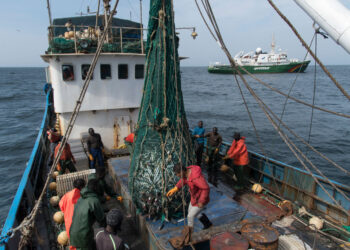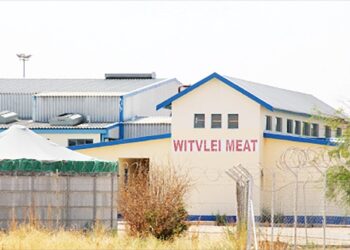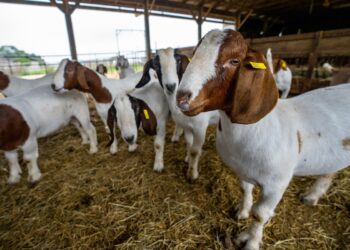
Namibia Breweries Limited (NBL) says the country’s beer market rebounded significantly in the second half of the 2024 financial year, contributing 58.9% of total volume.
The beverage manufacturer said the market met expectations and delivered forecasted volumes, with Windhoek Lager playing a central role.
According to the company’s interim results, the recovery can be attributed to the brand’s revitalisation, through strategic investments in refreshing its visual appeal and strengthening its communication efforts, helping NBL meet forecasted volumes and regain market momentum.
“Beer in Namibia recovered well in the second half of the 12-month period, meeting expectations and delivering forecast volumes, aided by the investment in refreshing the Windhoek brand proposition, enhancing its visual appeal, and strengthening its communication,†the financials report read.
The report further says the South African beer market faced a more substantial decline, dropping from 28.9% to 16.8% of the volume contribution.
Export beer volumes also saw a decrease, moving from 3.0% to 2.0%, due in part to currency exchange challenges in key export markets like Tanzania.
“Export volumes declined due to currency exchange challenges in some countries, including Tanzania, traditionally the Group’s biggest export market. This resulted in more strategic product allocation decisions,†the report read.
NBL reported that while beer’s share has slightly diminished, it experienced significant growth in its wine and spirits categories.
Wine saw a dramatic increase, growing from 2.2% in 2023 to 13.5% in 2024. Ciders also performed well, rising from a modest 0.6% to 4.5% of volume.
The spirits category, though still small, increased from 0.1% to 0.8%, reflecting the growing demand for diversified alcoholic beverages.
This growth in wine, ciders, and spirits is attributed to enhanced distribution and NBL’s optimised route-to-market structure.
Products like Tassenberg wine and Bernini sparkling spritzer have played a significant role in driving these gains.
NBL’s strategic partnership with Heineken, which began in 2023, has also yielded operational efficiencies and expanded the company’s broader beverage portfolio, further contributing to growth.
“Castelo sales continued on a growth trajectory, while Tassenberg remains a significant mainstream volume contributor. Bernini, a sparkling spritzer made from wine and sold as Classic, Amber, and Blush, was also a star performer in the past six months,†the report read.
The company reported a net revenue increase of 19.8% to N$4.057 billion, up from N$3.388 billion in 2023.
The wine, cider, and spirits segments contributed significantly to this surge, alongside market share gains in beer.
Operating profit rose by 10.6%, reaching N$466 million, compared to N$421 million in the prior year. However, operating expenses also saw an increase, rising by 21.1% to N$3.592 billion, due to integration efforts with Heineken and the expanded portfolio.
“Capital expenditure yields are ahead of forecast, which means that the Group is creating value sooner than planned. Certain benefits are expected to realise towards the end of the financial year, while full benefits are expected to realise in 2025,†the report read.
NBL has continued to invest in capital projects, particularly in wine and cider packaging. Capital expenditure reached N$517 million during the period under review, more than double the N$244 million spent in 2023.
Notable projects include the full local packaging of Savanna and Hunters ciders, which has provided logistic and margin benefits.
Looking ahead, the company said it is investing in packaging capacity, employee training, and the alcoholic beverage value chain, while also addressing national challenges like water scarcity.
Additionally, NBL plans to integrate Heineken’s Digital Backbone programme by 2025, further modernising its operations.











